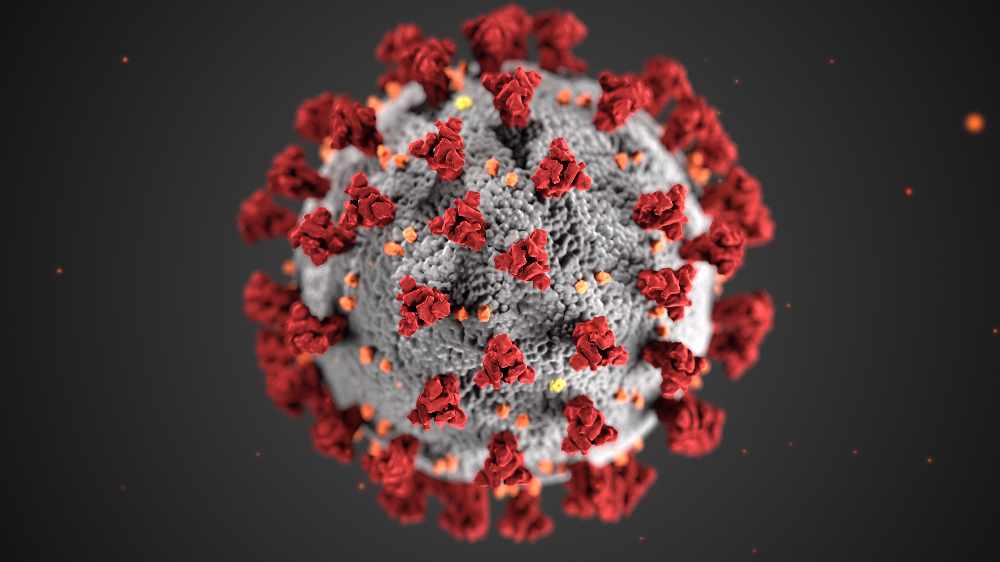
The Ontario government's plan to reduce the use of neonicotinoid pesticides by 80 per cent by 2017 could help the honey bee population to recover from their alarming loses over the last few years.
INGERSOLL - The Ontario government's plan to reduce the use of neonicotinoid pesticides by 80 per cent by 2017 is getting a thumbs up from the Ingersoll Nature Club.
Executive member Wayne Walden says the bees will not be as damaged or limited as they are today.
"There is very few honeybees around. There is wasps and so on and other species but as far as the honey bee, there is very few around. Everybody I talk to says they have only seen a few in their gardens over the last few years."
According to a release issued by the Ministry of Environment and Climate Change, in the winter of 2013/14, bee deaths in the province reached 58 percent, which is 43 percent higher than the generally accepted level by those who care for and breed bees.
Walden says he's 100 percent in favour of the new rules.
Walden says the 80 percent reduction is a good place to start.
"I understand that in some cases the farmers would really, really have difficulty if they don't have some sort of support and deal with some of the needs of this issue but I think as it becomes more and more clear about the science, they will see that this is causing damage."
Walden says more and more people are getting into organic foods and the government needs to find a better way of supporting farmers with methods that help the natural environment, particularly the honey bee.
Agriculture Minister Jeff Leal says the proposed regulation is balanced and practical and will ensure farmers have access to treated seeds when needed.



 A Woodstock Woman is Missing
A Woodstock Woman is Missing
 CAMI is Entering Temporary Shutdown
CAMI is Entering Temporary Shutdown
 Local Mother Shines a Light on Bullying
Local Mother Shines a Light on Bullying
 Interview with the Warden - Apr. 10th, 2025
Interview with the Warden - Apr. 10th, 2025
 Measles Cases Rising Province Wide
Measles Cases Rising Province Wide
 Woodstock Bar Receives Liquor Licence Suspension
Woodstock Bar Receives Liquor Licence Suspension
 UPDATE: Unifor 636 Cancels Federal Debate
UPDATE: Unifor 636 Cancels Federal Debate
 Ongoing Investigation After a Theft at Rexall
Ongoing Investigation After a Theft at Rexall
 Break-and-Enter in Paris
Break-and-Enter in Paris
 Easter Egg Hunt Returns to Harold Bishop Park
Easter Egg Hunt Returns to Harold Bishop Park
 Race Against Darkness Supporting Mental Health
Race Against Darkness Supporting Mental Health
 I Am Enough Comes this Weekend
I Am Enough Comes this Weekend
 Oxford OPP Investigating a Robbery
Oxford OPP Investigating a Robbery
 The OCFA has Announced their Hall of Fame Recipient
The OCFA has Announced their Hall of Fame Recipient
 Strong Mayor Powers are Expanding
Strong Mayor Powers are Expanding
 Markham Man Charged in South-West Oxford
Markham Man Charged in South-West Oxford
 CHP Candidate Profile: Jacob Watson
CHP Candidate Profile: Jacob Watson
 Trevor Birtch Trial Daily Recap - Case 1
Trevor Birtch Trial Daily Recap - Case 1
 Oxford Reads 2025 Voting is Open
Oxford Reads 2025 Voting is Open



Comments
Add a comment